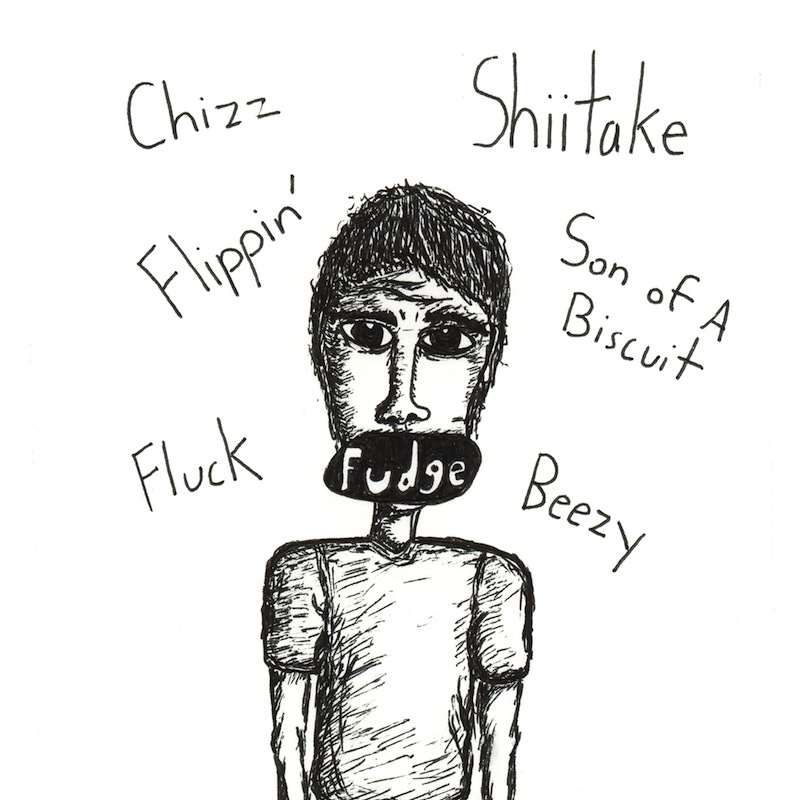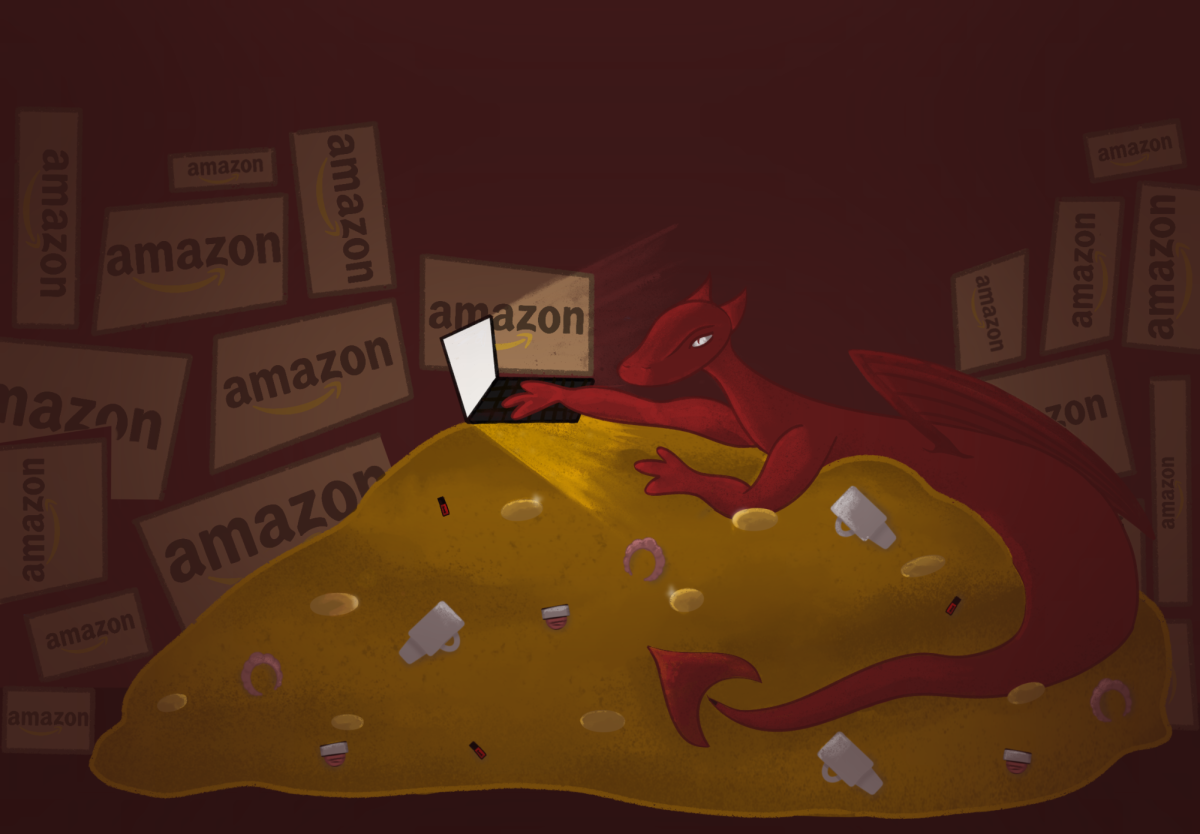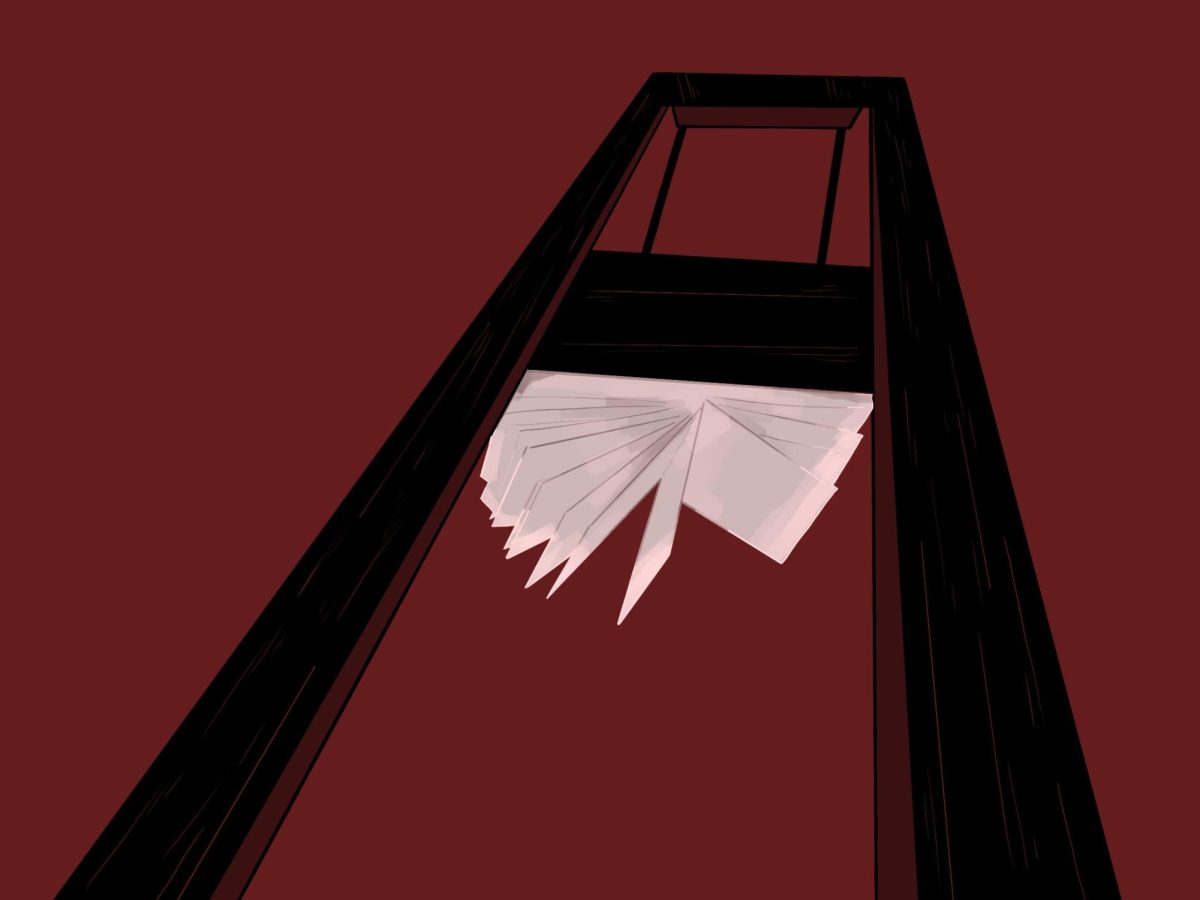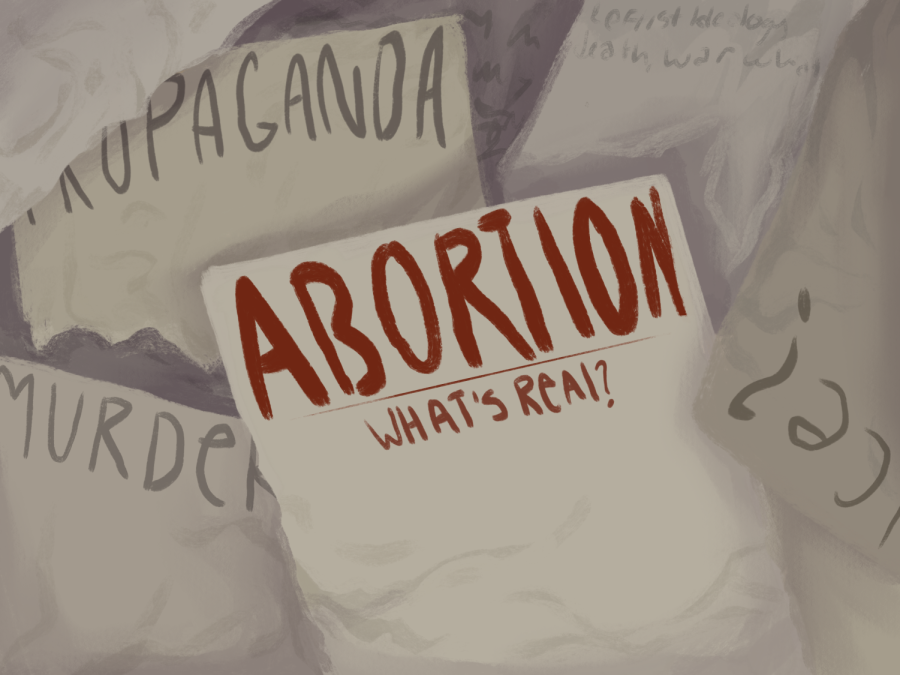
As young children, we are all told that using profane language is considered ill-mannered, unprofessional, and will earn us zero respect from our peers. But what our parents and educators don’t teach us is that fake bad words, or as I like to call them, “faux curses,” are just as ill-mannered, unprofessional, and twice as irksome as the profanity they are based off of.
Words like flippin’ and chizz weasel their way into common conversations, and children’s television shows such as “iCarly” and “Adventure Time.” I’ve even heard the word “jank” being used during a history discussion. These words suck the metaphorical life from sentences and ooze with the sheer essence of ignorance.
Some may ask why faux curses are so unacceptable. They prevent children from cursing don’t they?
The answer in short is no. These faux curse words may prevent children from the traditional definition of cursing, but all they are really doing is creating a whole new language of vulgarity. They’re being used in the exact same context as the original words, they sound just as unsophisticated as the original words, and they look almost identical to the original words.
This new breed of profanity encourages small children to begin cursing at a younger and younger age. Nickelodeon is one of the more obvious networks when it comes to their pro-cursing propaganda. As I sat back and watched the channel with my 9-year-old sister, I recoiled in horror as the dialogue from that week’s episode of “Victorious” went from bad to worse in a matter of seconds.
Jank, chizz, and countless other faux curse words went flying left and right, being overly used into oblivion. I couldn’t believe what I was hearing. No wonder children as young as 9-years-old can be heard cursing nowadays. They’re being bombarded with the subliminal message that cursing is cool.
What I have an even bigger problem with than television shows promoting faux cursing is parents or teachers promoting it. Most parents scold their children severely for using vulgar language, yet if the child says “Holy cabbage!” or “What the heck?” they go about their day, unpunished. Some parents even comment on how precious it is that their little kid has come up with a cute new phrase. Those children are receiving positive reinforcement for using profanity. Wonderful.
Now the reason I emphasize the fact that faux curse words are worse than real profanity, is because using faux curse words seems almost like the cowardly thing to do. If a person’s stance on cursing is lukewarm, or in other words neutral, then they take the road commonly traveled and throw out words like freaking and heck to seem cool and in-style, but not too risqué.
Although a person’s stance on cursing probably will not determine what their views on important issues, such as politics, are it probably will determine just how compliant of a person they are.
If they are neutral when it comes to a small unimportant issue, such as profanity, what’s to say they won’t be neutral on bigger issues like gay marriage or abortion?
In other words, people need to, to quote the famous words of Foothill English and AVID teacher Jason Dinkler, “Be bold and take a stance.”
Being decisive on little things like profanity can help you in the long run when it comes to taking a strong stance on important issues in the future.
Though profanity should not be used in the classroom or a professional setting, humanity needs to learn to not take the easy way out and invent faux curse words so that they don’t have to think about what they say before they say it. Faux vulgarity isn’t just irritating and ill-sounding; it corrupts the young minds of America.








